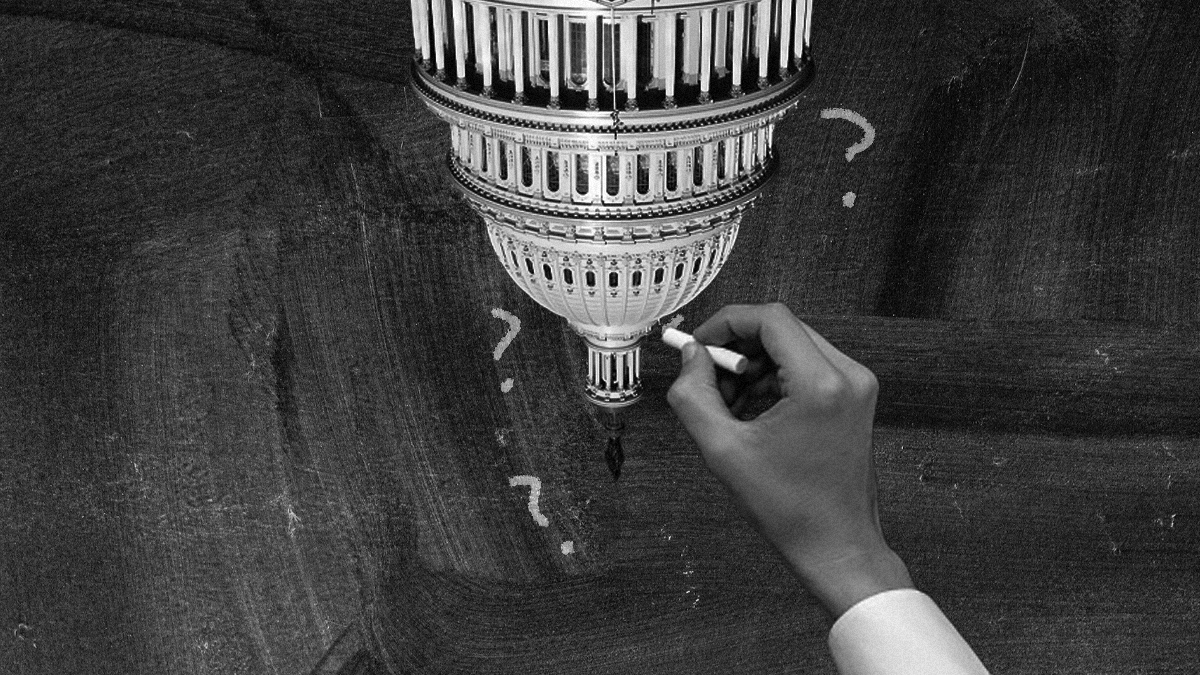
Government shutdowns are “Science Shutdowns” – a wildly expensive and ineffective tactic that slows or stops scientific progress at the expense of everyday Americans.
Agencies are busy preparing contingency plans for a government shutdown as Congress spars for political points. FAS would like to draw attention to the danger and absurdity of this tactic as it relates to science, as well as our nation’s safety, competitiveness, and cost burden.
There are four (4) primary results of any government shutdown, and each affect science, which is why we refer to government shutdowns as “Science Shutdowns”:
1. Ongoing Experiments / Activities Requiring Ongoing Observation are Disrupted.
This isn’t just an aggravation to researchers; stoppage destroys work underway at considerable costs to the public. Some examples:
The Department of Commerce will cease operational activity related to most research activities at the National Institute of Standards and Technology.
During a shutdown, researcher access to certain federally funded user facilities and scientific infrastructure can be restricted. When this happens, it can mean lost experiments, disrupted projects, and missed opportunities for students and U.S. industry. (See: FAS work in Social Innovation, specifically STEM Education and Education R&D.)
The Department of Energy’s nuclear verification work––particularly work involving international partnerships––is likely to be restricted. This could have implications for U.S. leadership on non-proliferation, arms control, and risk reduction. (While Nuclear weapons deployments, security, and transportation operations would be largely unaffected due to national security exemptions and funding contingencies, this is still a dangerous situation. See: FAS’s work in Nuclear Weapons.)
2. New initiatives can’t continue (or begin).
Science and technology undergird a large percentage of entrepreneurial startups and economic clusters across the country. Stopping or slowing these businesses impact local communities of all sizes, in every state.
One example: Functionally all SBA (Small Business Administration) lending activity and program support will cease. Small businesses across the country will lose access to this critical source of financing. SBA lending is used to finance growth, but also (critically) to provide working capital for small businesses. Government shutdowns delay Tech Hubs and Engines Type 2 funding, disrupting ecosystem building efforts across the country (See: FAS work in Ecosystems and Entrepreneurship).
3. Funding Decisions are Halted and Delayed.
Shutdowns can mean funding agencies like the National Science Foundation and National Institute of Health (NIH) must furlough most of their staff. This results in delays and rescheduling of review panels, the people responsible for evaluating the effectiveness of a new medicine, for example. Stoppages ultimately delay award decisions and slow advances.
Such delays can affect thousands of American researchers and students and disrupt vital research in many crucial areas. One example limited by a shutdown pause is emerging research in the bioeconomy, a growing part of our global competitiveness. (See: FAS work in Science Policy and bioeconomy, specifically.)
4. Upgrades, Repairs, and Modernization of National Research Infrastructure at Labs and Universities are Frozen.
Labs across the country are continuously upgrading facilities to leverage the latest technology to remain competitive and secure. A government shutdown arrests this necessary work.
Bottom line: A government shutdown is a science shutdown; the decision to pull the plug on government funding incur steep costs on wind-down and re-start, and leads to massive general waste and disruption. We must work together to find resolutions that do not involve holding science hostage during a government shutdown.
Cities need to rapidly become compact, efficient, electrified, and nature‑rich urban ecosystems where we take better care of each other and avoid locking in more sprawl and fossil‑fuel dependence.
Hurricanes cause around 24 deaths per storm – but the longer-term consequences kill thousands more. With extreme weather events becoming ever-more common, there is a national and moral imperative to rethink not just who responds to disasters, but for how long and to what end.
The program invites teams of researchers and local government collaborators to propose innovative projects addressing real-world transportation, safety, equity, and resilience challenges using mobility data.
The Pentagon’s new report provides additional context and useful perspectives on events in China that took place over the past year.